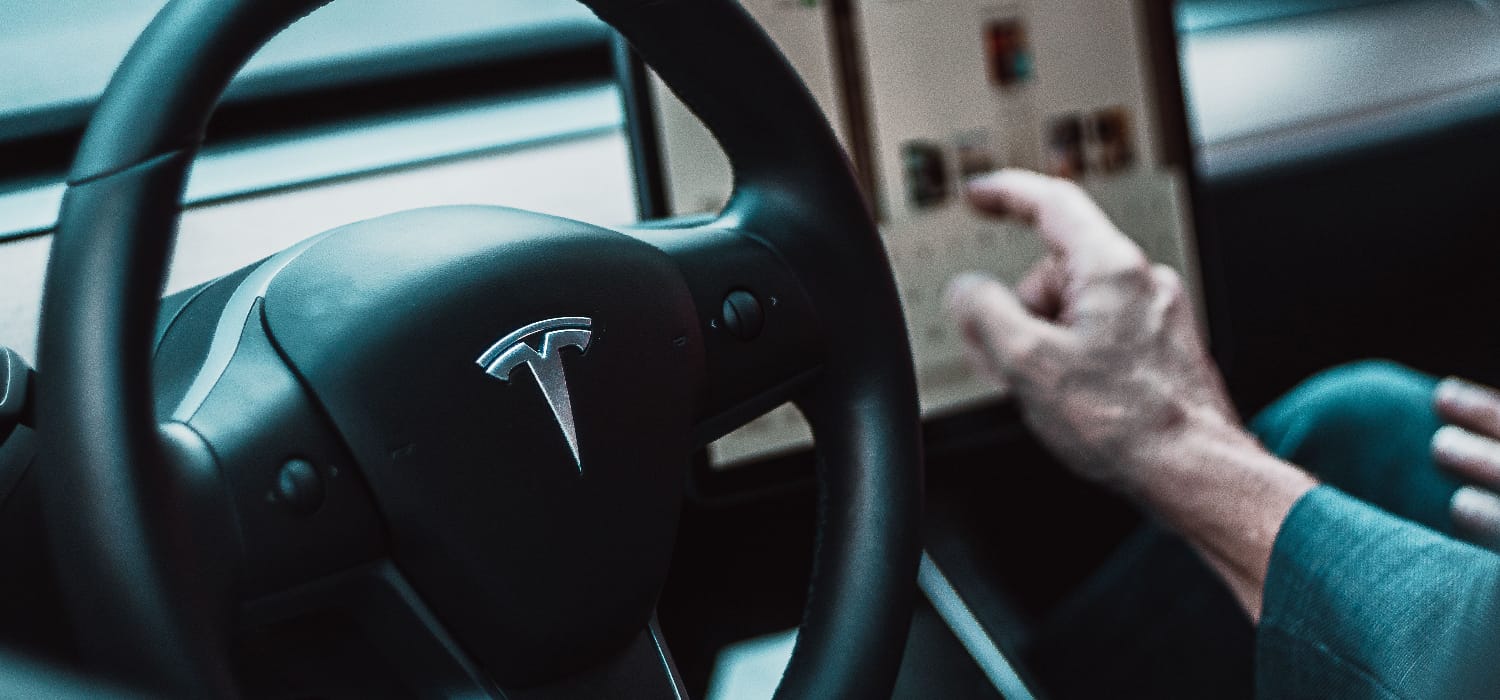
As time goes on and car technology advances, everyone is wondering, are self-driving cars safe? It’s intriguing to think of a world where all vehicles might be electric and completely self-driven, but it’s not impossible, and it could be a reality in the future.
Developments in autonomous cars are progressing quickly, and what was once an idealistic element of a futuristic sci-fi film is becoming an increasing reality for many. While there are selected semi-autonomous features appearing in many vehicles now, fully driverless technology is still not in mainstream public use and is still in the testing stages, with careful regulation and control around these tests.
With product names such as “auto-pilot” used across vehicle marketing, this does inadvertently imply that self-driving cars are here for use on the public highway, but this is not yet the case in reality. It can be dangerously misleading.
Advantages of self-driving cars
With extensive research into the benefits of self-driving cars, they could be fantastic in principle for many who, for example, struggle with disabilities or simply desire the latest in-vehicle technology on offer. Here are just some of the advantages autonomous vehicles might bring.
Eradicating human error
It is widely accepted that around 95% of road traffic incidents are caused by human drivers. We are fallible, distracted, and potentially dangerous. Our liability behind the wheel is not just the problem of other human drivers but can also be difficult for autonomous vehicles to contend with.
A report from IDTechEx indicates that of autonomous driving tests recorded over a significant period, while the total number of collisions or incidents was low in overall number, 99% attributed to human driving behaviour in other close vehicles. Computer software and clever algorithms used in driverless cars theoretically take away the possibility of human error and other distractions during journeys.
More independence for the elderly and those with disabilities
Self-driving cars offer freedom and independence for people with disabilities who may not have had the capabilities to drive without support. For the elderly, autonomous vehicles allow safer driving without any vital concentration.
Fewer accidents or deaths
Without human error, we should see fewer accidents and deaths on UK roads when computers are in control. This advantage is the most beneficial claim for self-driving cars, as road traffic accidents occur far more often than they should in the current circumstance.
Say goodbye to road rage
With less chance of tailgating and inconvenient or dangerous overtaking, driverless vehicles will make sure everyone’s journey is stress-free and without road rage. Everyone experiences road rage at some point. Without the need to contend with reckless or irresponsible driving, there is less chance for aggression and confrontation.
Opportunities for more efficient driving
Even more diligent drivers can struggle with a parallel park from time to time. Amongst many autonomous features, driverless cars offer automatic parking support, saving you time to get on with daily activities, safely.
Disadvantages of self-driving cars
While the future seems bright, self-driving cars do come with some disadvantages. Computers crash and have reliability issues from time to time, so there is a chance your driverless car, powered by computer technology, can do the same. This is not as consequential as a desk-based operator using a computer in business use, but the consequences might be catastrophic whilst moving in a vehicle on a busy road.
Forgotten driving skills
As the saying often goes, once you learn to drive, it’s like riding a bike – you never forget. But, without the opportunity to polish your skills as you usually would, drivers risk losing their driving skills as time goes on. If the onboard computer software requires human attention, what happens if the driver is incapable of acting fast? Safety will feel limited. The natural alertness that drivers must maintain might degrade.
The danger of hacking
With any computer software and over-air communications, the risk of hacking is always present. As vehicles become more connected, they will become more vulnerable to hackers, who could have the ability to take control of the car while it is driving. Privacy risks are also a concern, as hackers can trace destinations and possibly steal your personal information.
Risk of accidents and death
Self-driving cars can prevent accidents caused by human error but could cause technology-related accidents such as failed software updates or technical glitches.
While self-driving cars are seemingly still a way off from being common-place and accepted (both socially and legally), it’s important to know how they will fit into our lives, whether that be safely or dangerously.
At Drivetech, we’re driven to keep people safe. We pride ourselves on our high levels of customer service and satisfaction, and on ensuring we coach and train better drivers and improve the management of risk. Get in touch with us today to find out how we can help your business or fleet driver be safer.
In addition to this blog, Drivetech produces a wide range of whitepapers to stimulate further debate, and consideration. Check out this whitepaper in the Drivetech portfolio “Autonomous vehicles – where does this leave the ‘driver’ and will they be safer?” available to download from the website here.
Back to news and resources